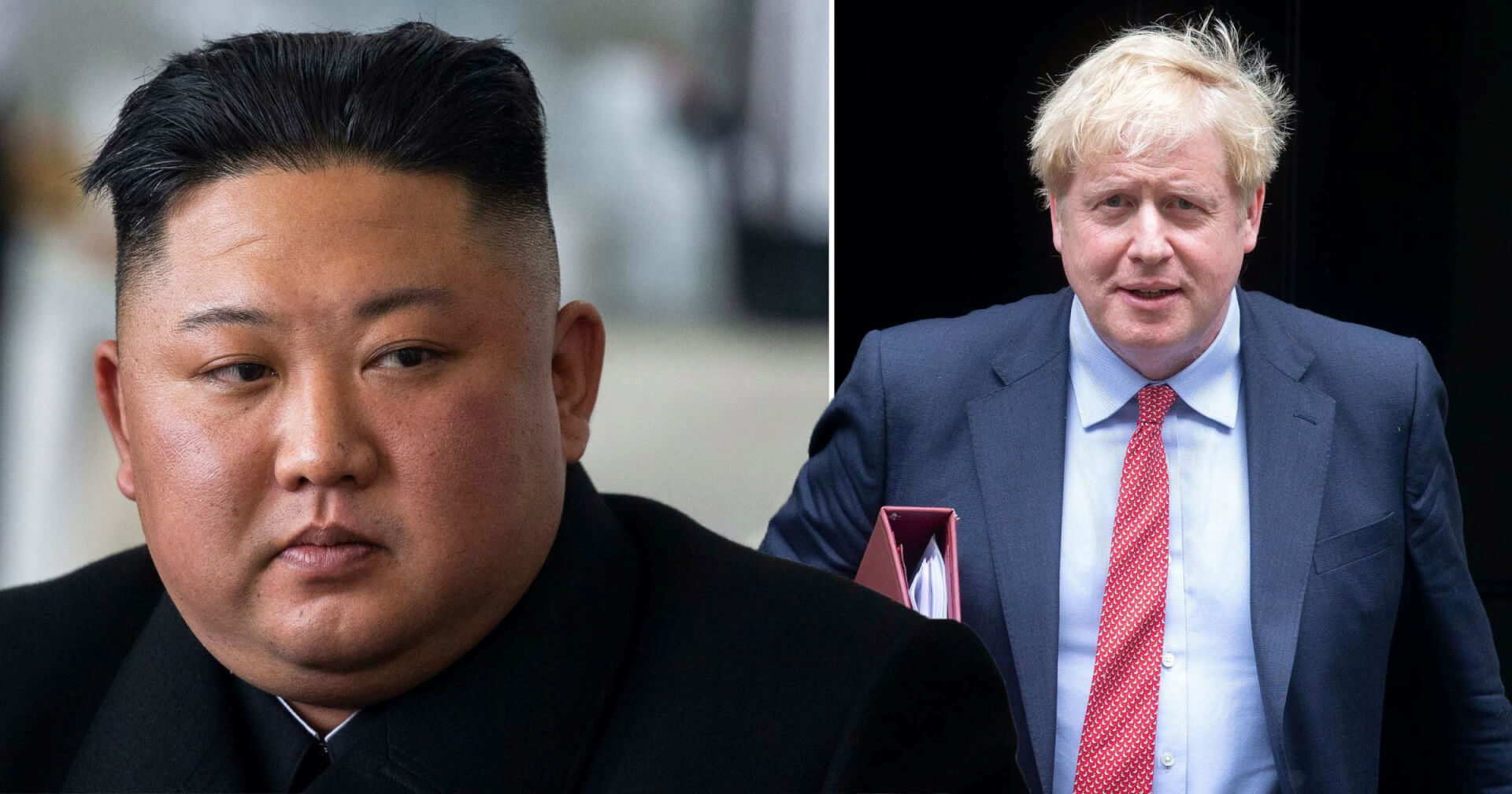North Korea has criticised Britain’s decision to permanently deploy two warships in the Asia-Pacific region this year, calling it a “provocation.”
Last month, the United Kingdom (UK) announced that it would permanently deploy two warships in the Indo-Pacific later this year after its Queen Elizabeth aircraft carrier and escort ships sail to Japan in September. The fleet will move through the South China Sea, where China is competing for influence with the United States (US) and Japan.
The UK government’s press release stated that the permanent deployments “will also contribute a Littoral Response Group (LRG) in the coming years, thereby demonstrating the UK’s commitment to collective defence and security in the region in the decades ahead.”
In response, on Tuesday, the Democratic People’s Republic of Korea (DPRK) published a statement by Choe Hyon-do, a researcher at the North Korea-Europe Association. Choe said the announcement prompted “high vigilance from the countries in the region,” as the UK’s aircraft carrier HMS Queen Elizabeth is scheduled to pass through the volatile South China Sea to participate in the US-led multilateral joint military exercise later this month.
“What cannot be overlooked is that the UK Defence Minister, when making this announcement, groundlessly blamed the DPRK and China for isolating Japan and South Korea, threatening the freedom of navigation in the Indo-Pacific region,” Choe said.
“Aggravating [the] situation in the Asia-Pacific region by dragging warships into this area, the UK is seeking the excuse from our “threats.” Since it is like a guilty party filing the suit first, the UK’s move is no less than a provocation against us,” he added.
Choe also called the UK “an outcast due to its departure from the European Union” and blamed Brexit for the UK “poking its nose into the Asia-Pacific region, a confrontational ground of the superpowers.” The North Korean official justified this as the reason for Britain to be “actively taking part” in the US-led joint military exercises and “Freedom of Navigation Operation.”
The annual US-led military drill will possibly see the participation of South Korea, which recently made considerable progress in improving its relations with North Korea. The exercise will involve combined command post training focused on computerised simulations to prepare for various battle scenarios, such as a surprise North Korean attack. Typically, the annual drill sees tens of thousands of troops and combines computer simulations with field training.
Furthermore, Choe said the UK’s move is “an attempt aimed at creating [an] enabling condition and environment for realising its ambition of building a ‘global Britain’ by currying favour with its senior ally.” “Such an attempt by the UK to recover from its ever declining position with the backing of somebody will only invite bitter backlash from the regional countries and worsen the already tense situation of the region,” he added. Concluding his statement, Choe said, “The UK had better concern itself with the troublesome after-effects of Brexit, rather than groundlessly picking on others to grab what it desires for its political purpose.”
Furthermore, on Tuesday, South Korean lawmakers said North Korea had demanded that international sanctions banning its metal exports and imports of refined fuel and other necessities be lifted before restarting talks on denuclearisation with the US.
North Korea Criticises Presence of UK Warships, Calls it “Provocation”
North Korea condemned Britain’s plans to permanently deploy its warships in Asia Pacific, calling it a “provocation” against Pyongyang.
August 4, 2021

SOURCE: AP/REX
